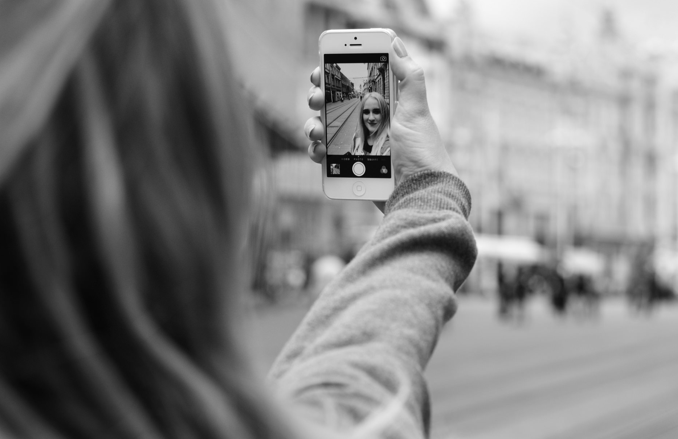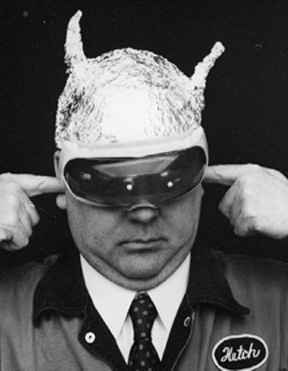 Like others who may read this, I’m old enough to remember when toast suddenly popped up when it was done; if the springs were not calibrated properly, then the crisp, warm bread might launch into the air and maybe even fly across the breakfast table, like a man shot from a circus cannon. But not anymore, for at least upscale toasters now lower and raise the bread in a slow, deliberate manner when you push a button, taking a few seconds to accomplish automatically what we used to do by hand in a sharp instant.
Like others who may read this, I’m old enough to remember when toast suddenly popped up when it was done; if the springs were not calibrated properly, then the crisp, warm bread might launch into the air and maybe even fly across the breakfast table, like a man shot from a circus cannon. But not anymore, for at least upscale toasters now lower and raise the bread in a slow, deliberate manner when you push a button, taking a few seconds to accomplish automatically what we used to do by hand in a sharp instant.
To put it simply, you wouldn’t name them “Pop Tarts” today, if you came up with a product that only gradually, incrementally emerged from the toaster. The whole point of their early marketing campaigns was that it popped up when it was done.
Ta daaah! Continue reading ““Slowly. Slowly. Against the Beat””

 To open the Introduction to my 2003 collection of essays,
To open the Introduction to my 2003 collection of essays, 
